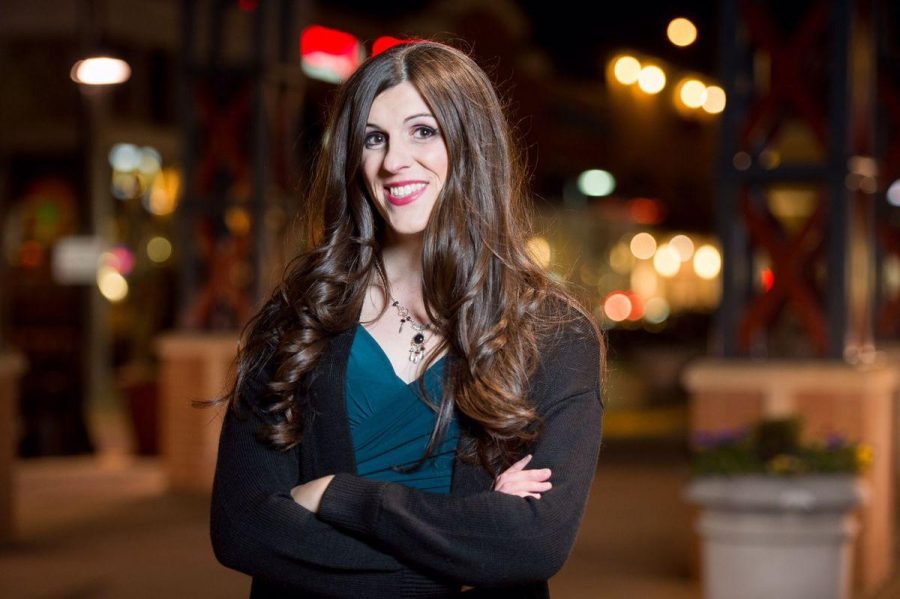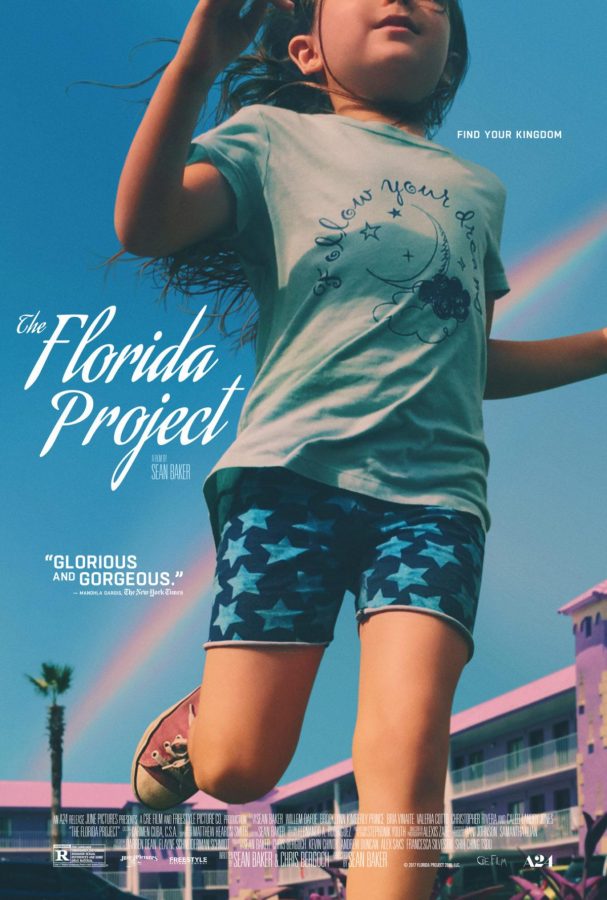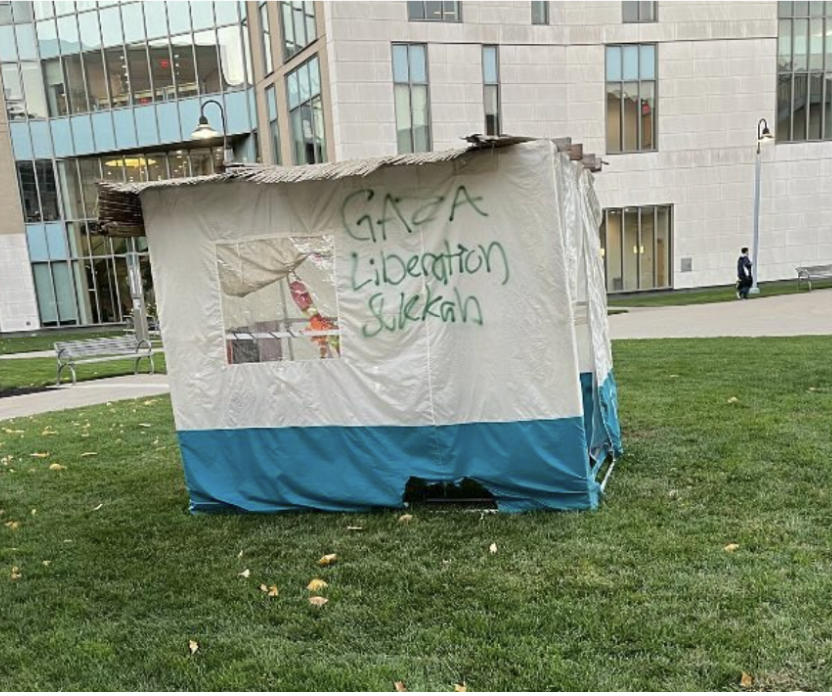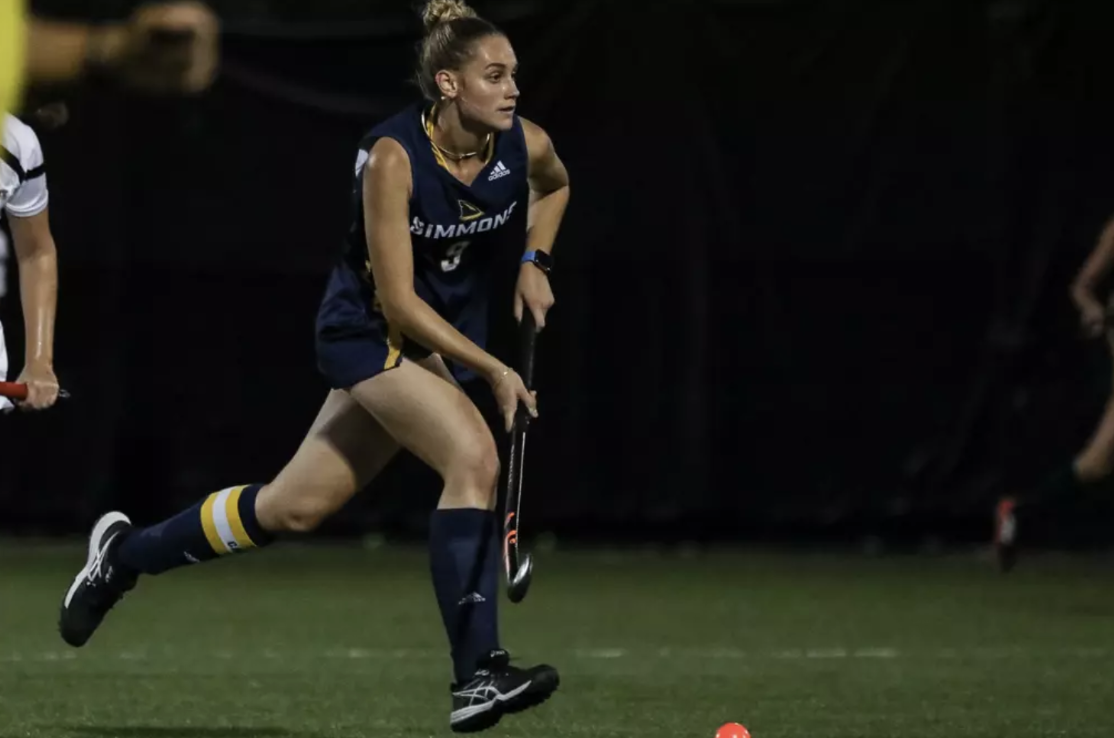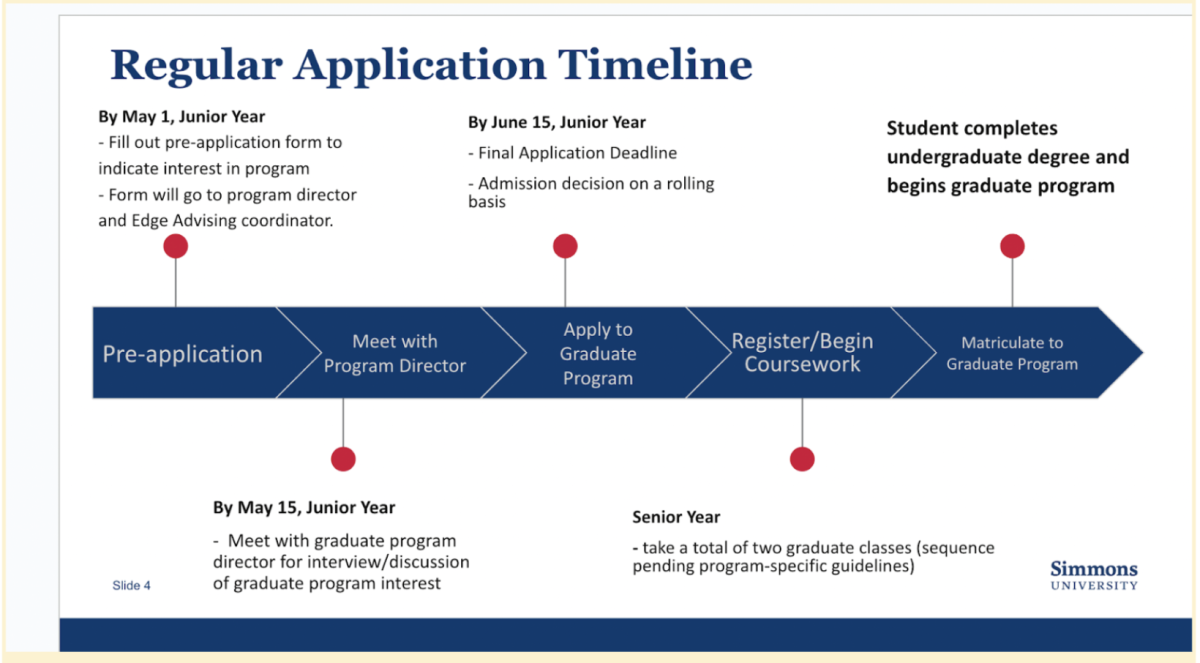By Haley Costen
Staff Writer
The Health Education Office presented its second roundtable discussion on Tuesday, “Body Image and the Media.”
Facilitators Federika Carcia Muchado, Gisela Alvarez, and Caitlyn Shoemaker gave a brief overview on eating disorders before launching into an open talk on how the media affects women’s body image.
Shoemaker led the presentation on eating disorders, calling them “the most deadly mental illness in the world.”
Shoemaker explained the most common types of eating disorders, including bulimia, anorexia, and binge eating disorder (BED).
“They start with influences from parents and the media,” Shoemaker said, adding that there are often certain genetic components as well.
Various disorders are linked far back into history, according to Shoemaker. She described how anorexia is said to have begun with religious fasting, and that bulimia stemmed from Romans who used vomitoriums to purge.
The facilitators displayed body-positive messages from organizations like Always, who created the “#LikeAGirl” video.
In the videos, women and girls are told to do things like run or throw “like a girl.” The older actresses run foolishly and mimic throwing with over-dramatic absurd moves. Meanwhile, the children are seen giving their best effort when asked to do something “like a girl.”
“I’m a girl, and that’s not something I’m ashamed of,” an actress said at the conclusion of the video.
The panel spoke about the age in which children that doing things “like a girl” is bad, and the perceptions that products leave on purchasers.
“That’s What She Said: Body Shape and Image” showed a conversation between women about their own struggles to be thinner or to gain more curves.
One woman recalled buying gossip magazines every day at the height of her anorexia, while another remembered how one boy’s comment about her appearance in fifth grade impacted her for ten years.
When asked when the first time the women felt that they were not good enough, every subject in the video said it was in elementary or middle school.
“At the end of the day you have to love yourself,” Alvarez said.
Shoemaker said that while she did not wish to insult thin people, the standard size is still very much considered stick-thin.
Muchado spoke to the fact that there are more plus-size options available in recent years but that there is still a separation between plus sizes and non-plus sizes.
“Hopefully we’ll get to a point where there’s no plus size, when it’s just ‘you,’” Muchado said.
The panel also presented “Dove Real Beauty Sketches,” by Dove, and discussed the rarity of body-positive messages in beauty products.
Women described themselves to a police sketch artist, and were described by strangers to the same artist. The sketches revealed that a stranger’s descriptions were more flattering than their descriptions of themselves.
“We spend a lot of time in front of mirrors analyzing things we don’t like,” Muchado said. “We should spend more time analyzing the things we do like.”









